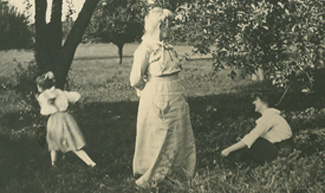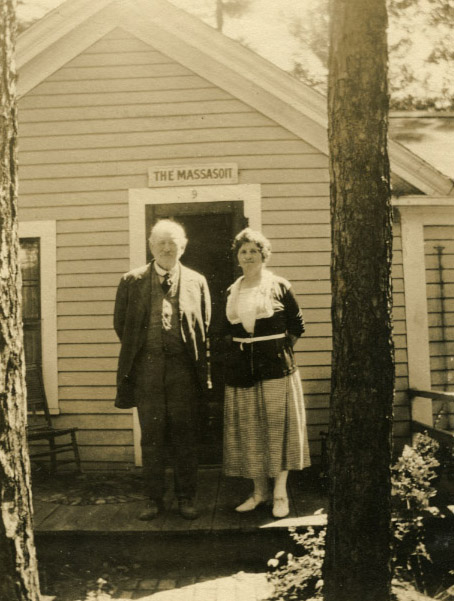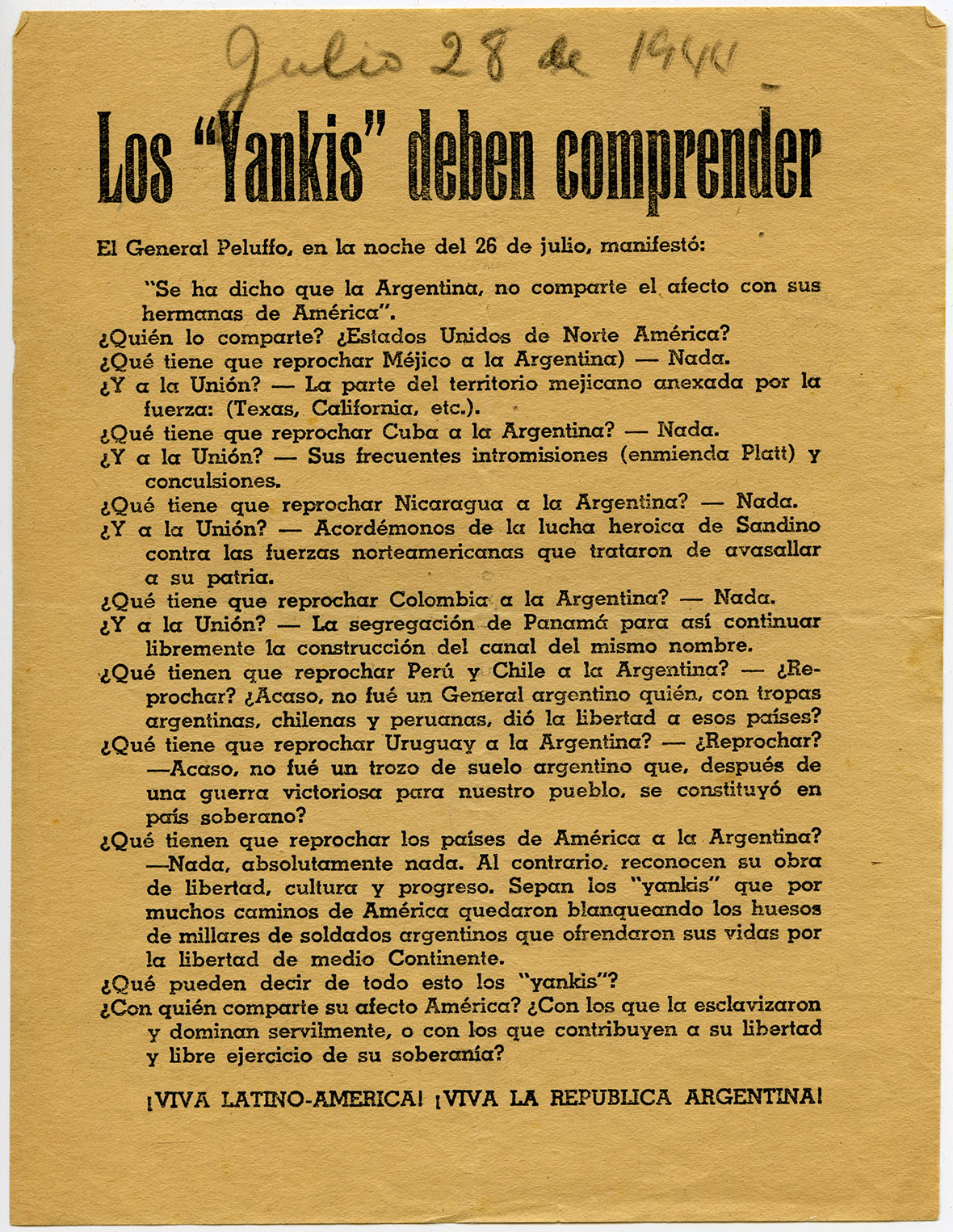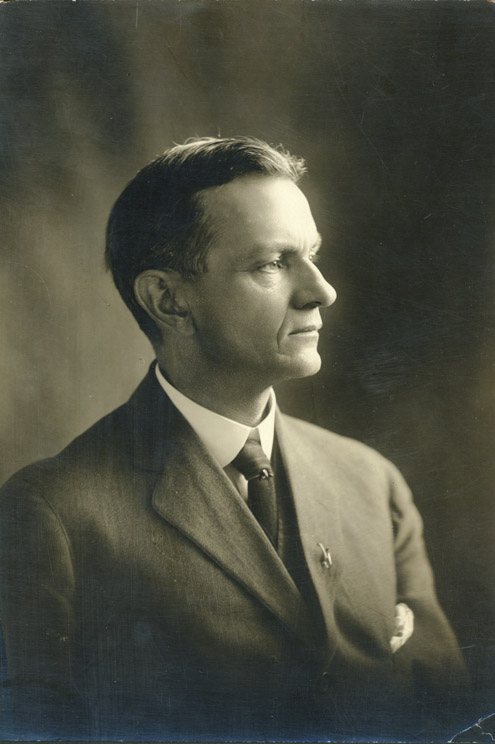Miriam Chrisman Papers
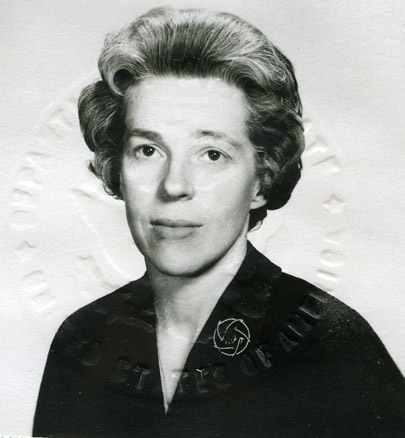
A long-time historian at UMass Amherst, Miriam Usher Chrisman graduated from Smith College in 1941 and spent the war years as an intern and research assistant in various agencies, including the National Resources Planning Board. With the return of peace, Chrisman took master’s degrees in economics (American University) and education (Smith), before earning her doctorate in history from Yale in 1962 for a study of Reformation-era Strasbourg. From Yale, she landed a faculty appointment at UMass Amherst, where she remained for her ennitre career. As a historian of the 16th century, she was awarded a Prix d’honneur by the Societe des Amis de Vieux Strasbourg, an honorary doctor of humane letters by Valparaiso University, and the Wilbur Cross Medal from Yale. Chrisman retired from active teaching in 1985 and remained an active friend of the Du Bois Library until her death in November 2008.
A faithful and colorful correspondent, the bulk of Miriam Chrisman’s papers consist of letters written to family and friends stretching from her college days at Smith through the year before her death. The bulk of the correspondence is with her husband, Donald Chrisman, an orthopedic surgeon who was enrolled at Harvard Medical School during their courtship. Soon after the Chrismans married in November 1943, Donald left for active duty in the Navy on the U.S.S. Baldwin. The couple’s war correspondence is unusually rich, offering insight on everything from the social responsibilities of married couples to their opinions on the progression of the war. Of particular note is a lengthy letter written by Donald during and immediately after D-Day in which he provides Miriam a real-time description of the events and his reactions as they unfold. Later letters document Miriam’s extensive travels including a trip around the world.

 A number of student publications have been digitized and are indexed in
A number of student publications have been digitized and are indexed in 